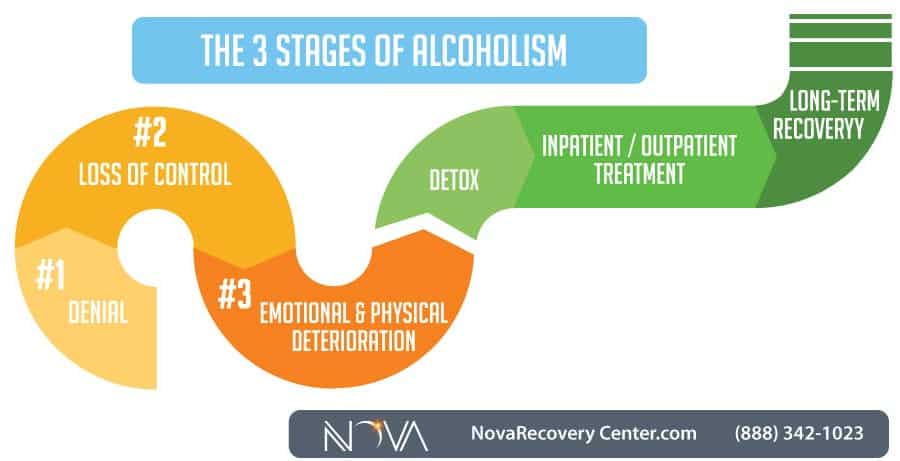A functional alcoholic is not a clinical diagnosis, but simply a term used commonly to describe someone who is addicted to alcohol but can function in society without it. Although the word "alcoholic" has been used previously but today is considered outdated and very stigmatizing.
In the earlier days, a functional alcoholic was just someone who could function normally despite not having the need to drink to be social or function as a worker. Today, however, the condition has grown so that anyone can suffer from it.
Being an alcoholic can affect a person's overall wellness, relationships, family life and even career
The person may become more socially isolated and even feel worthless because of his/her alcohol addiction. People suffering from alcoholism can suffer from depression, anxiety, and other mental health problems.
Alcoholism is defined as an excessive intake of alcohol with no apparent cause. It is associated with physical and psychological problems such as mood swings, hallucinations, and heart problems.
Alcoholism can also be treated, and this includes inpatient, outpatient, and combination treatments. The treatment of alcohol depends on how severe the patient's addiction is and whether he or she needs to be hospitalized. Treatment can either be behavioral or medicinal in nature.
Patients suffering from alcoholism need to have regular counseling sessions. This is where they can discuss their problems with an objective observer. They can also share their feelings, frustrations and successes with each other. They can also learn how to cope and deal with stress effectively.
Another treatment method for alcoholics is to change the patient's diet. This means eliminating certain foods that contain too much alcohol in them such as red meats, whole wheat and cereals, white rice, and even fruits. These are all foods that will cause the body to become dehydrated.
Medication for alcoholism also involves therapy. Counseling is an important part of treating an alcoholic, and the patient can learn to identify and overcome their problem. by facing his/her problem and learning to talk about it.

Counseling sessions may include group sessions, individual sessions, or private counseling
The type of counseling session a patient undergoes, depends on their situation and the severity of their alcoholism.
Family members can also help the alcoholic by telling their stories and by supporting him/her. The support system of family and friends will enable an alcoholic to achieve and maintain sobriety. One should also talk to their doctor about medication options available.
There are different medications available for treating alcoholism. These are mostly prescribed to alcoholics. These medicines may consist of different types of antidepressants, antidepressants, anti inflammatory drugs, anti-anxiety medicines, anti-seizure medicines, anticonvulsants, and pain relievers.
Side effects of these medicines vary from one patient to another, but some of the common side effects are insomnia, dizziness, vomiting, weight loss, headaches, nausea, blurred vision, constipation, and memory loss. Some people may experience some skin irritations and rashes after taking these medicines, but these are temporary and can be treated with over the counter medicines.
Therapy will also involve counseling sessions for both the patient and the alcoholic. In therapy sessions, the patient will learn to face their past and confront their problem and overcome it.
One should also learn to control their urge to consume alcohol by stopping drinking alcohol. This involves educating themselves on how to recognize their alcohol triggers. This helps them in becoming able to resist the urge to drink.
Self-help in the form of detoxification kits can also be used for the treatment of an alcoholic. It consists of different items such as alcohol cleansing pills, detox diet pills, and a detox drink.
This kit will help the alcoholic to flush the toxins from their body and helps in removing the alcohol from their system, thereby helping them to achieve sobriety. They will feel much more comfortable and at ease when they take part in the process of recovery.
It is very important that an alcoholic does not give up because this will only make the situation worse. Once they quit, they might suffer from withdrawal symptoms and will have trouble in recovering. Alcoholic treatment can only help those who are determined to get rid of their alcohol problem. and stop drinking completely.

